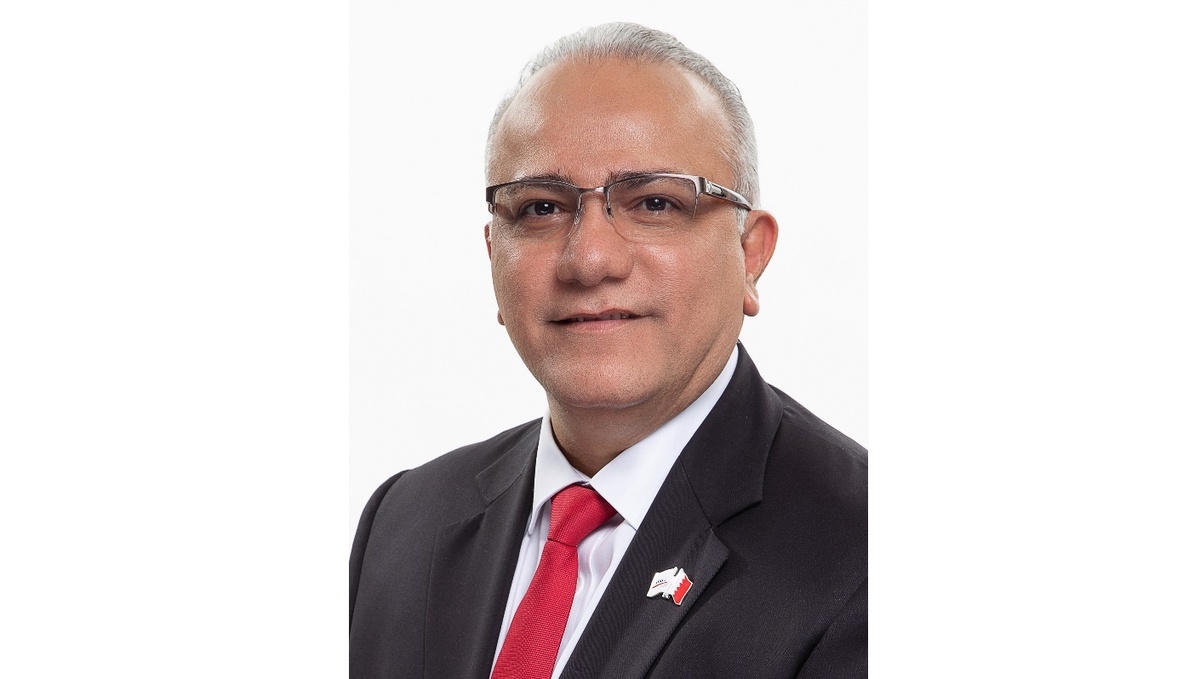
India's JSW Steel forecasts stable demand growth
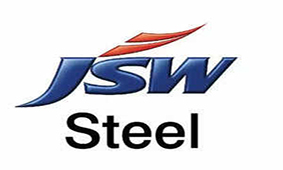
India's steel demand growth has nearly halved during the current 2019-20 fiscal year ending 31 March from 8.8pc in the 2018-19 fiscal year on the back of a deepening economic slowdown that has affected key steel consuming sectors, such as infrastructure development, real estate and automobiles. Steel consumption posted 4.2pc growth to 59.23mn t during April-October.
"We are seeing some green shoots in the market," JSW's joint managing director Seshagiri Rao told analysts, adding that he did not expect demand to be lower than 5pc in the second half of 2019-20.
The steel sector has pinned its hopes on a surge in public spending on infrastructure to shore up economic growth and steel sales. But the federal BJP government has not provided much details of its infrastructure spending plans for 2019-20, beyond pledging a $1.5 trillion investment in the sector during its current five-year term that started in May this year.
JSW attributed slower government spending as one of the factors for a fall in its domestic sales in the first half of 2019-20.
"We had domestic government orders for which, unfortunately some of these orders were put on hold or adequate funding was not available," said JSW's commercial director Jayant Acharya. He expected funding for these projects to become available in the second half of 2019-20. "Domestic expenditure on the infrastructure side, oil and gas pipelines and water pipelines, we are already seeing some movement happening," he said.
JSW has increased steel exports to make up for deficit in domestic sales, with exports accounting for 31pc of total sales volumes in the July-September quarter compared with a typical average of 20-25pc. JSW forecasts exports to revert to the 20-25pc proportion of sales in the second half of 2019-20.
India's hot-rolled coil (HRC) producers pushed millions of tonnes of additional volumes into overseas markets such as Vietnam and the EU, leading to a slide in export prices. The Argus-assessed cfr Vietnam HRC price fell by around 20pc in the four months to 28 October at $412/t, although it has since rebounded to $430/t as of 12 November.
Iron ore concerns
JSW expects disruption to iron ore supplies to be limited after several merchant mining leases in key producing states of Odisha and Karnataka expire in March 2020. These leases currently produce around 60mn-70mn t/yr of iron ore, around a third of India's total output.
The company does not expect supply disruptions in Karnataka, where its flagship 13mn t/yr Vijaynagar steel plant is based. Indian state-controlled iron ore producer NMDC may step up output with the possible return of its Donimalai mine, which had remained shut after a royalty dispute with the state government. A court has ruled in NMDC's favour in the dispute, while Delhi has notified of an order to make it compulsory for states to grant extensions in lease periods to state-controlled companies. Supply disruptions are possible in Odisha, India's largest ore producing state, JSW said.
A sharp rise in iron ore prices or an increased reliance on higher priced imports could erode profitability of steel producers further in a slow demand scenario.
The expiring leases are expected to be auctioned off, although none of these leases have found a new buyer to date. The new leaseholder may be allowed to operate the mines based on existing approvals on environment and other regulatory requirements for two years, said JSW, citing an "advanced stage" of discussions in the government on such a proposal. Without such a fast-tracking of approval for new leaseholders, there may be "some problems" for iron ore supply.
JSW expects in such a scenario sales of existing iron ore stocks by current leaseholders of such mines, as well as a clearance for state-owned steel producer Sail to sell its iron ore output partially in the open market as possible buffers against a sharp fall in supplies.
JSW Steel forecasts producing 2.5mn-3mn t of iron ore from its captive mines in Karnataka in the second half of 2019-20 compared with 2mn t in the first half.
By Prasenjit Bhattacharya


Newmont nets $100M payment related Akyem mine sale

First Quantum scores $1B streaming deal with Royal Gold

Caterpillar sees US tariff hit of up to $1.5 billion this year

Gold price rebounds nearly 2% on US payrolls data
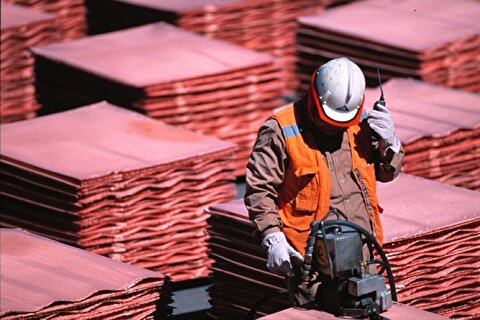
Copper price collapses by 20% as US excludes refined metal from tariffs

St Augustine PFS confirms ‘world-class’ potential of Kingking project with $4.2B value
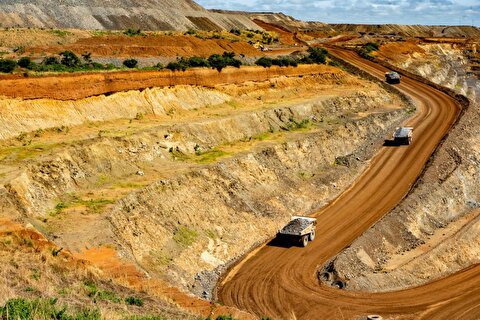
B2Gold gets Mali nod to start underground mining at Fekola

Goldman told clients to go long copper a day before price plunge
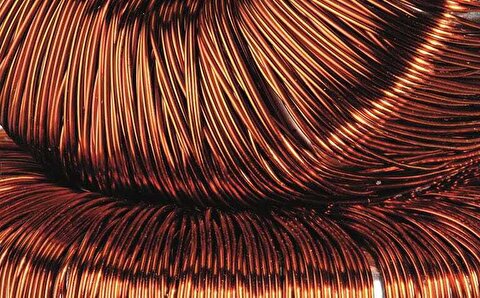
Copper price posts second weekly drop after Trump’s tariff surprise

Codelco seeks restart at Chilean copper mine after collapse

US slaps tariffs on 1-kg, 100-oz gold bars: Financial Times

BHP, Vale offer $1.4 billion settlement in UK lawsuit over Brazil dam disaster, FT reports

NextSource soars on Mitsubishi Chemical offtake deal

Copper price slips as unwinding of tariff trade boosts LME stockpiles

SAIL Bhilai Steel relies on Danieli proprietary technology to expand plate mill portfolio to higher steel grades

Alba Discloses its Financial Results for the Second Quarter and H1 of 2025

Australia weighs price floor for critical minerals, boosting rare earth miners

Australia pledges $87M to rescue Trafigura’s Nyrstar smelters in critical minerals push

Fresnillo lifts gold forecast on strong first-half surge

US slaps tariffs on 1-kg, 100-oz gold bars: Financial Times

BHP, Vale offer $1.4 billion settlement in UK lawsuit over Brazil dam disaster, FT reports

NextSource soars on Mitsubishi Chemical offtake deal

Copper price slips as unwinding of tariff trade boosts LME stockpiles

SAIL Bhilai Steel relies on Danieli proprietary technology to expand plate mill portfolio to higher steel grades

Alba Discloses its Financial Results for the Second Quarter and H1 of 2025

Australia weighs price floor for critical minerals, boosting rare earth miners

Australia pledges $87M to rescue Trafigura’s Nyrstar smelters in critical minerals push

Fresnillo lifts gold forecast on strong first-half surge

